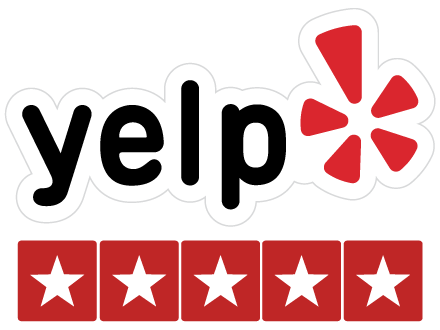When starting a new business, many entrepreneurs opt for a short-term agreement. No matter how confident you may be about your startup, it’s prudent not to jump into the deep end until you know if your idea will stay float. However, your next lease can be just as important to the success of your business. While you may not be making the kind of commitment that SpaceX is on their new long-term lease, getting roped into a bad commercial lease long-term has been the death knell for many small businesses. Here are a few tips to help you.
#1: Know What Type of Lease Will Work Best for You
The most common type of lease, especially for a building with multiple tenants, is full service or modified gross. That means you will share costs of any structural repairs and then your base rent will include maintenance of common areas, taxes, insurance, and the like.
Net leases are categorized as single, double or triple. These leases require the lessee to pay the following:
- Single – Utilities and property tax
- Double – All of the above, plus insurance premiums
- Triple – All building costs except structural repairs (usually paid by the owner)
Depending on the type of business you are running, it may be better to have one lease type over another.
#2: Make Sure the Property Meets California Accessibility Laws
This has been a hot topic in California. State law changed in 2013 to avoid accessibility lawsuits. The law has once again been updated effective January 1, 2017. These laws are to protect lessees by requiring disclosure from property owners on numerous accessibility matters. For example:
- The owner must provide a copy of any CASp (Certified Expert Specialist) inspection reports at least 48 before the lease can be executed. CASp reports are confidential and will give you a good idea as to current accessibility status and liability of the property.
- Any required alterations listed in the CASp report will have to be paid for by the owner unless you agree otherwise in the lease.
- If no alterations are required, a disability access inspection certificate will be supplied and should be provided to the lessee.
- If no CASp inspection has occurred, the owner has to give the prospective lessee notification and the opportunity to have an inspection performed.
#3: Hire a Business Lawyer to Go Over Your Commercial Lease Agreements
The best way to avoid getting hit with hidden fees and other issues that could seriously affect your business is to hire a business lawyer who can have your back. Pokala Law APC is a small business law firm that works hard to protect other small businesses in the San Diego area. To learn more, call 844-695-1487.



